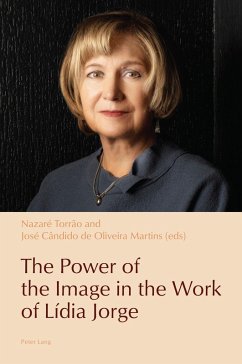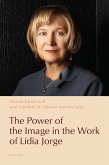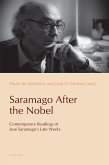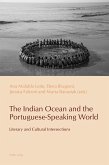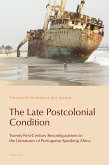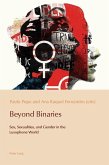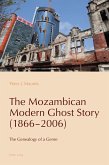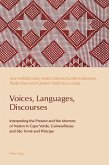«A pioneering first in the English language. This is a wonderfully subtle, multifaceted study of the image in the work of one of Portugal's greatest writers. Admirable for its depth of analysis and breadth of coverage, this is a real gift for new learners of Portuguese and established scholars alike.»
(Hilary Owen, University of Oxford)
«The present collection of essays, produced by some of the best scholars who have dealt with Lídia Jorge's work, should be of great help to English readers not familiar with the original language of a compelling, engaging writer deeply concerned with the world she lives in and the future of us all.»
(Onésimo Teotónio Almeida, Brown University)
As Aristotle has written, the image is at the core of the soul's language. Indeed, given its significant potential and capacity for revelation - heightened in a society dominated by visual culture - the image would seem to be key to reflecting, critically and creatively, on humanity and on history itself.
Lídia Jorge has asserted several times that her writing has always taken as its starting point a powerful and inspiring image, which concentrates the various meanings and reflections that she intends to explore while also dispersing these across her texts. Radiating from the initial image, Jorge manages to develop a gaze which is simultaneously critical, thorough and informative. Scholars point out that whenever language opens to universal images and mythologies capable of conveying visions of clarity, the subversive power of beauty is re-asserted. This power is confirmed and examined from different points of view and theories in this volume.
(Hilary Owen, University of Oxford)
«The present collection of essays, produced by some of the best scholars who have dealt with Lídia Jorge's work, should be of great help to English readers not familiar with the original language of a compelling, engaging writer deeply concerned with the world she lives in and the future of us all.»
(Onésimo Teotónio Almeida, Brown University)
As Aristotle has written, the image is at the core of the soul's language. Indeed, given its significant potential and capacity for revelation - heightened in a society dominated by visual culture - the image would seem to be key to reflecting, critically and creatively, on humanity and on history itself.
Lídia Jorge has asserted several times that her writing has always taken as its starting point a powerful and inspiring image, which concentrates the various meanings and reflections that she intends to explore while also dispersing these across her texts. Radiating from the initial image, Jorge manages to develop a gaze which is simultaneously critical, thorough and informative. Scholars point out that whenever language opens to universal images and mythologies capable of conveying visions of clarity, the subversive power of beauty is re-asserted. This power is confirmed and examined from different points of view and theories in this volume.
Dieser Download kann aus rechtlichen Gründen nur mit Rechnungsadresse in A, D ausgeliefert werden.

